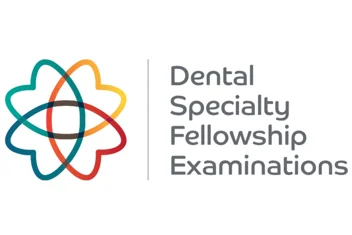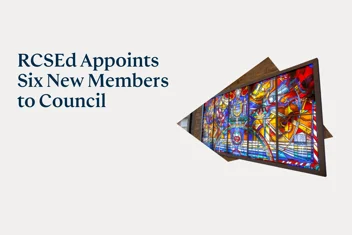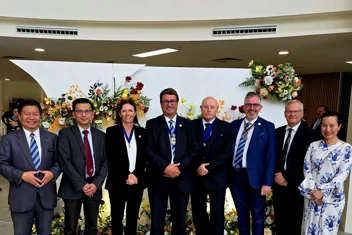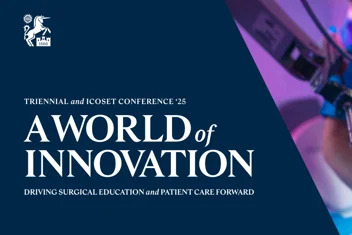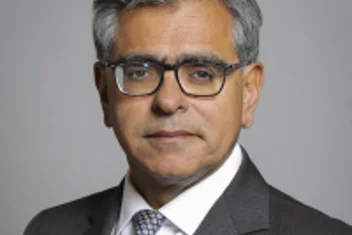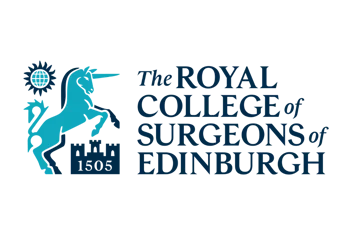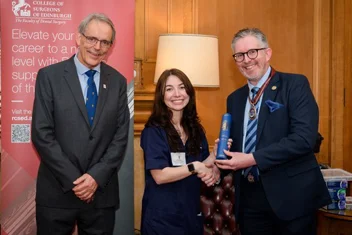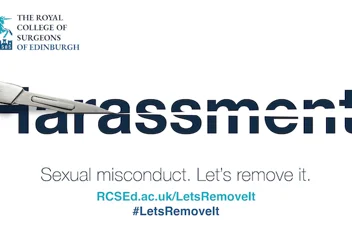Featured Press Releases
Press Releases Library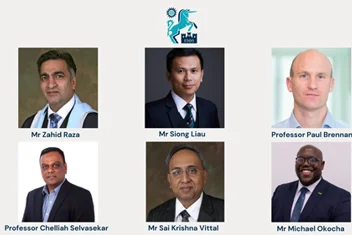
The Royal College of Surgeons of Edinburgh appoints six new members to Council
The Royal College of Surgeons of Edinburgh has appointed five new members and one new Trainee Representative to the College Council. The Council help to guide strategy and steer our mission of advancing education and assessment, and the maintenance of professional standards to ensure patient safety everywhere.




